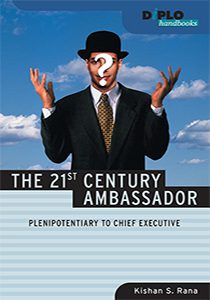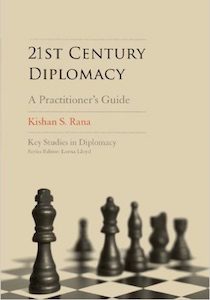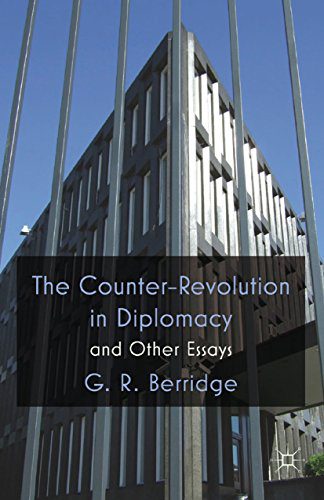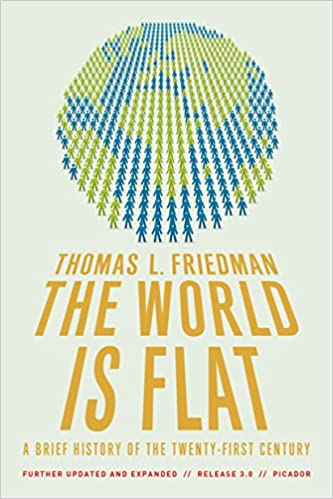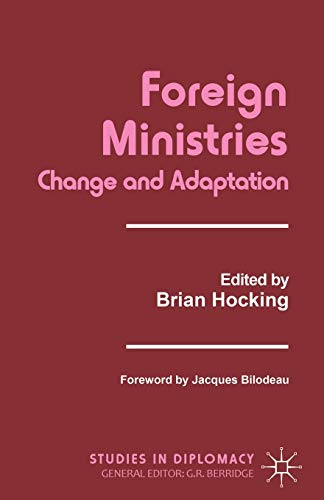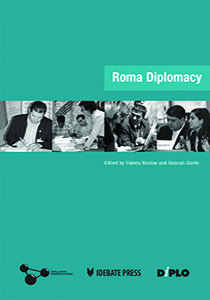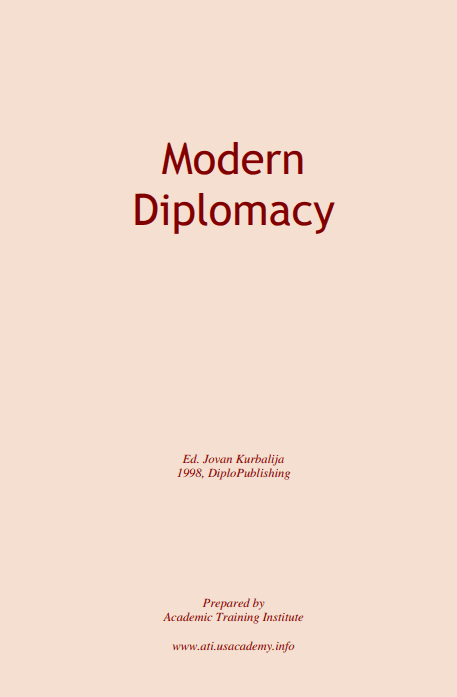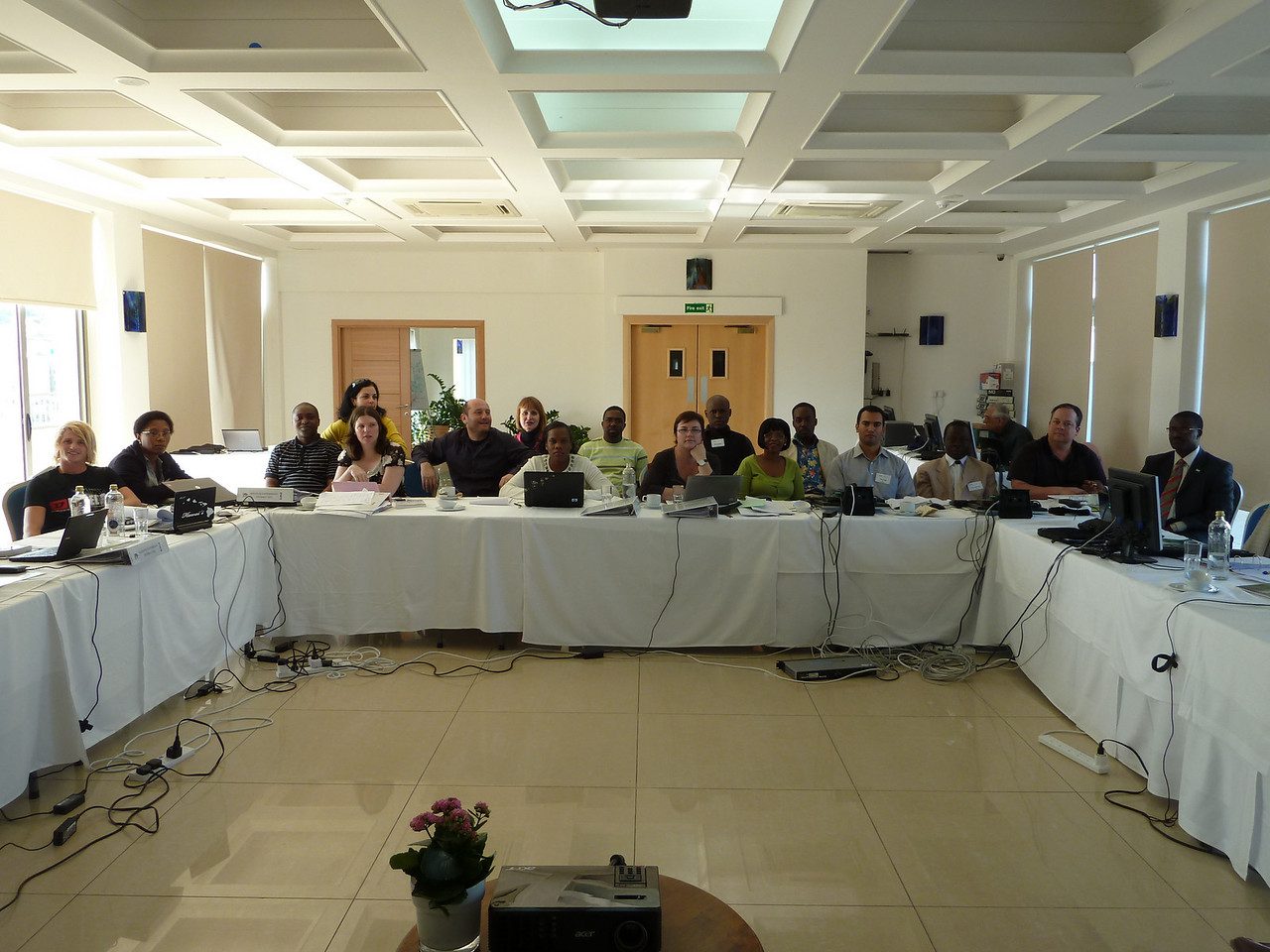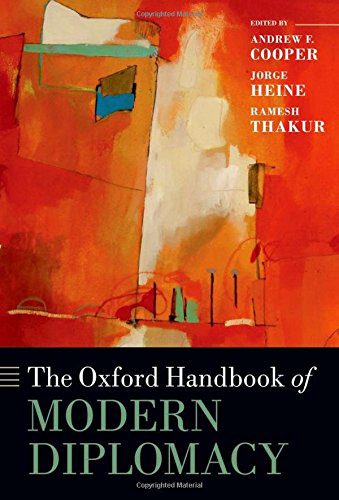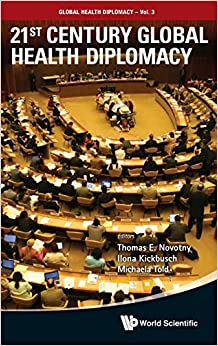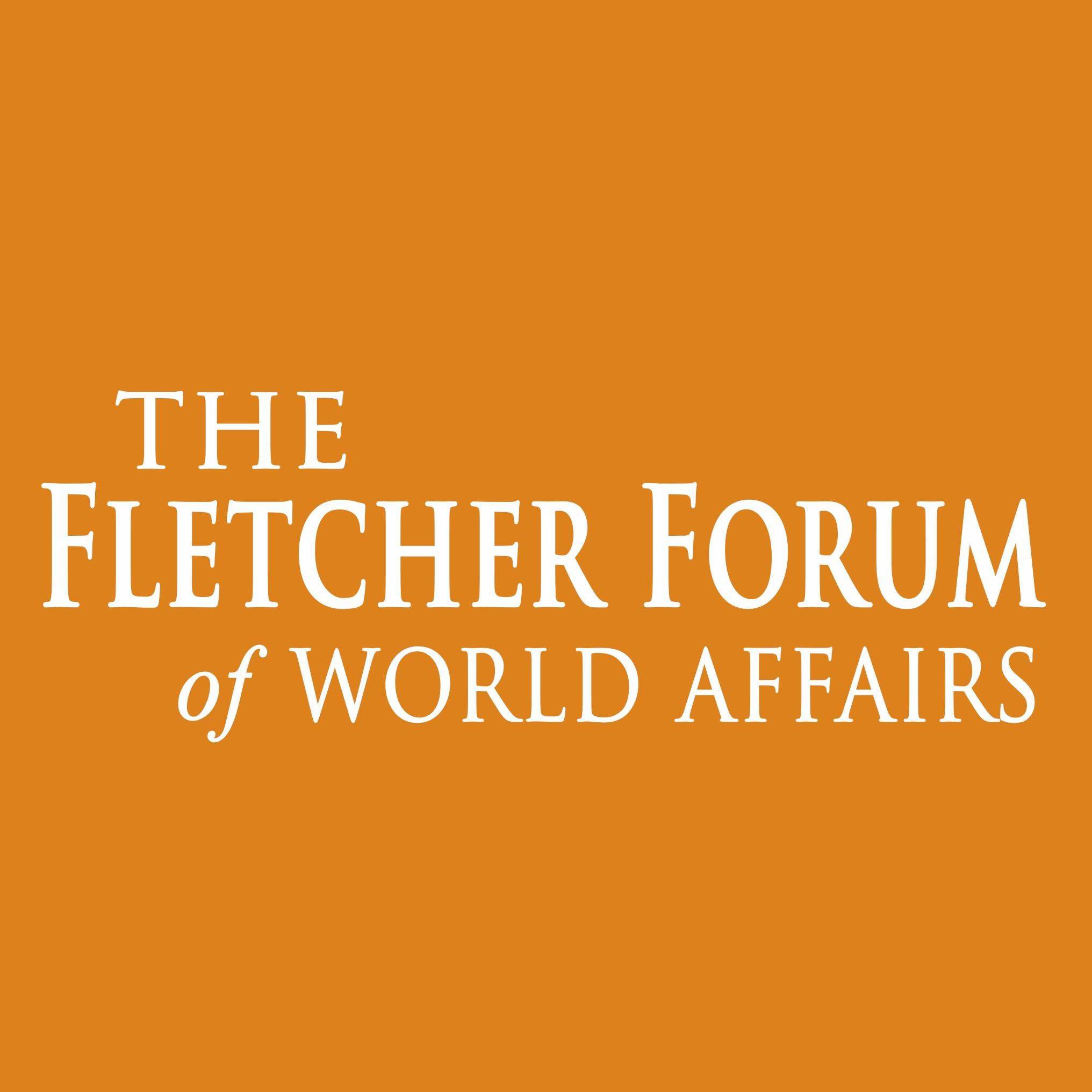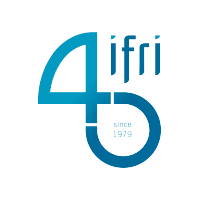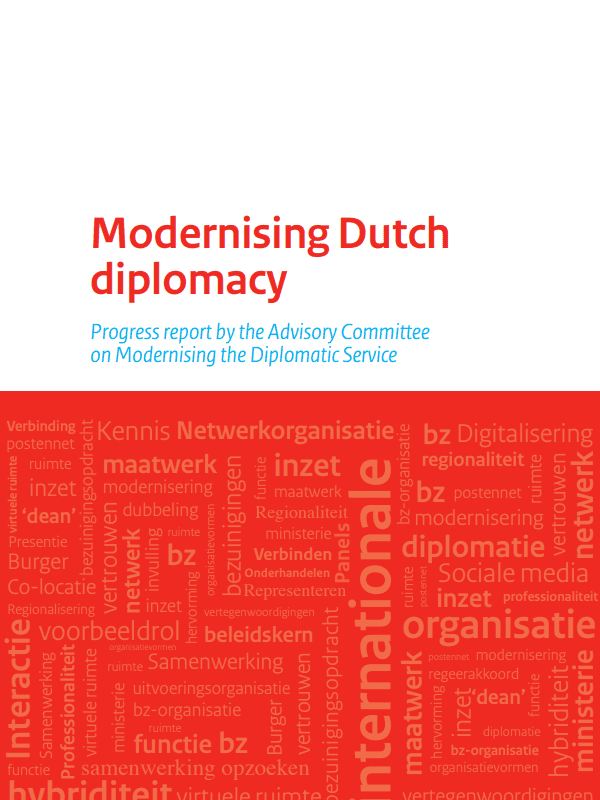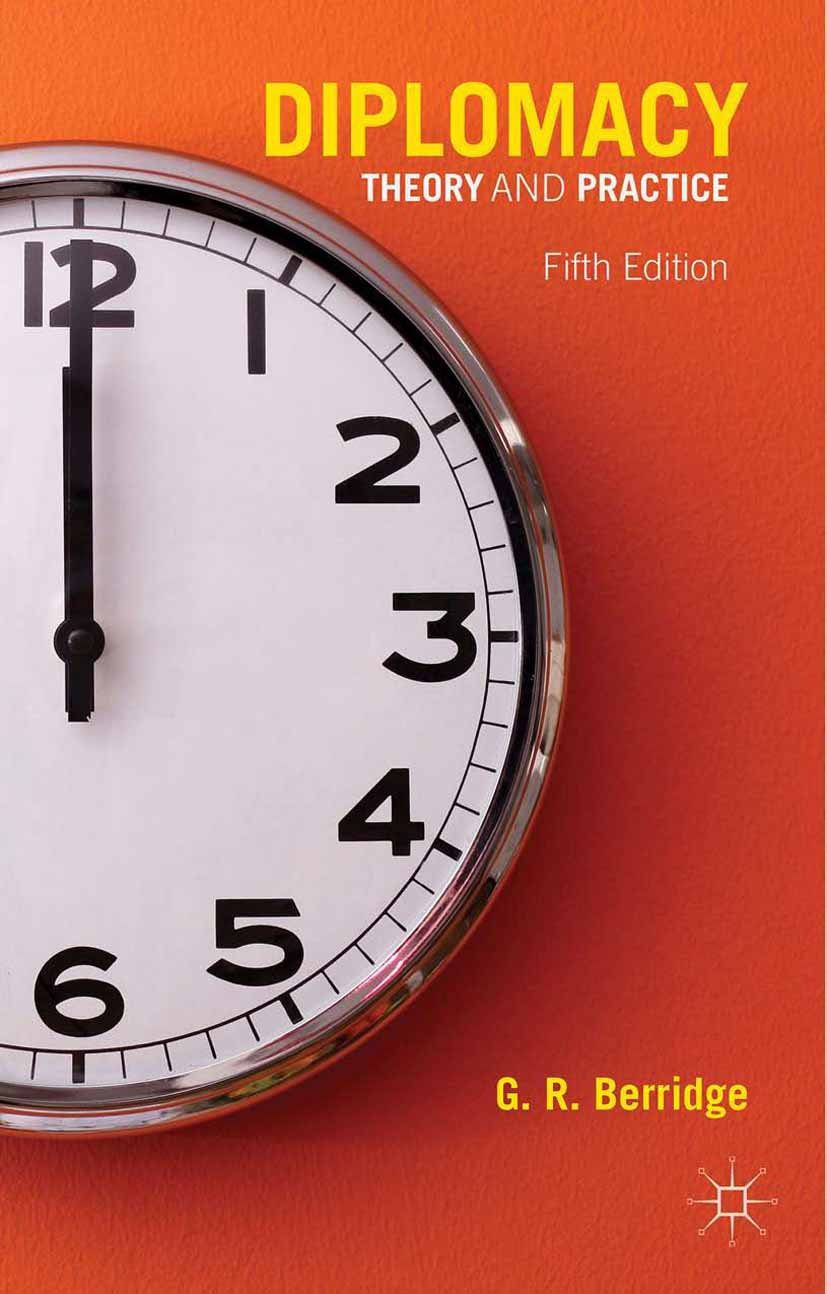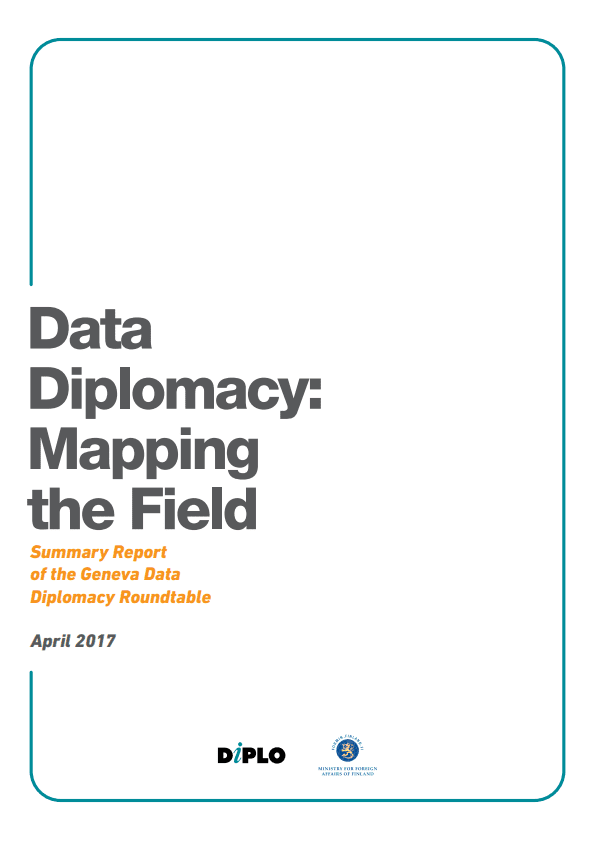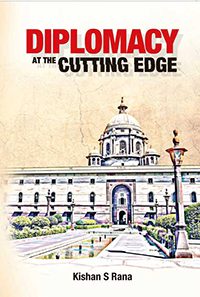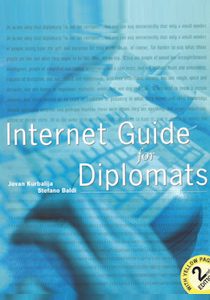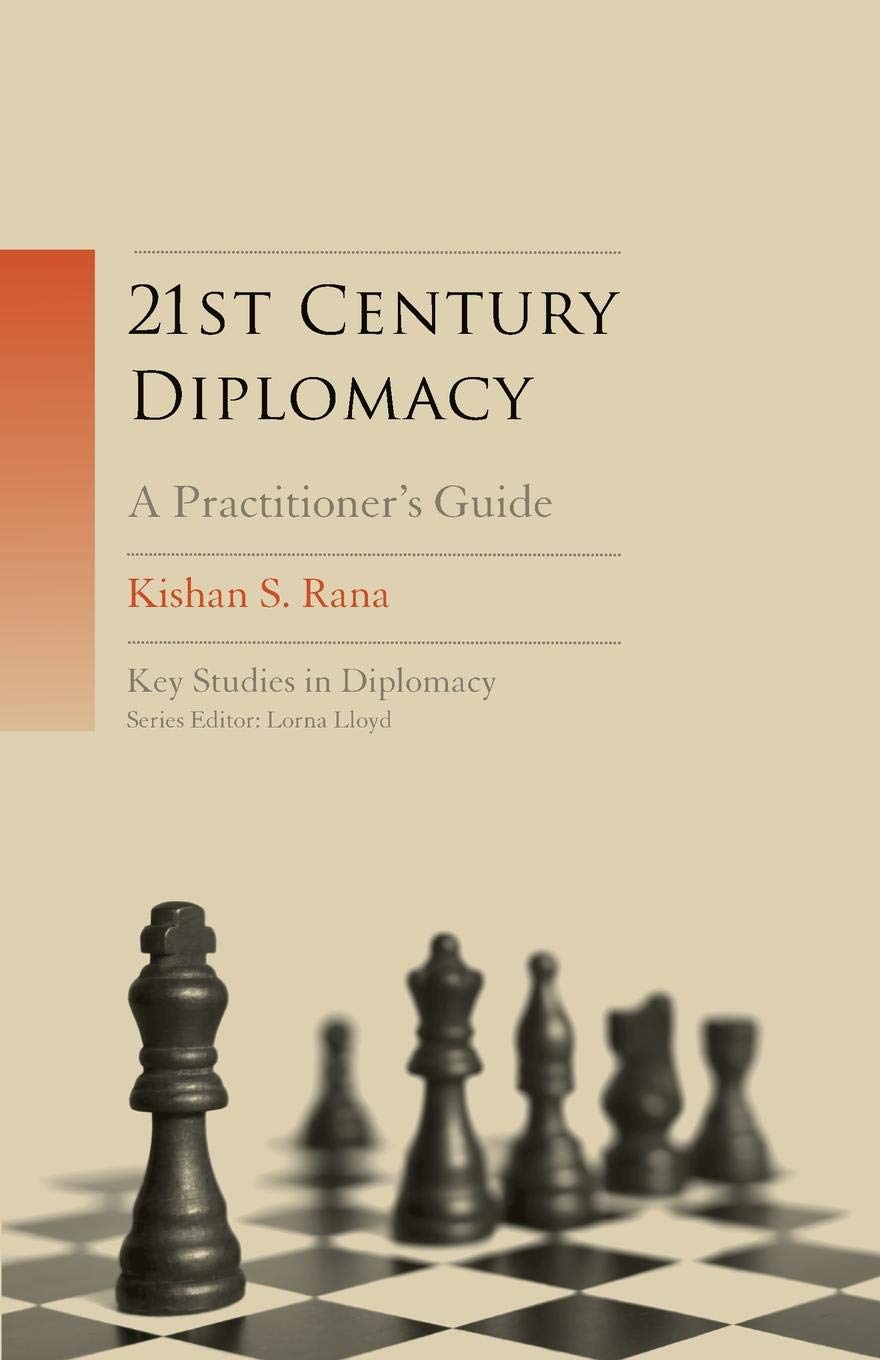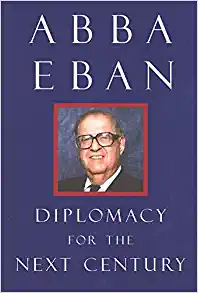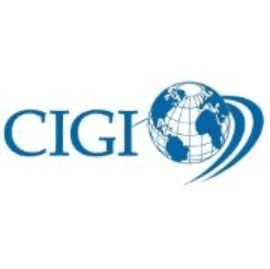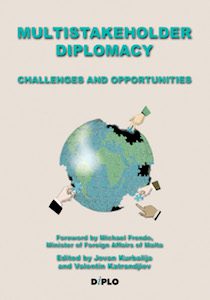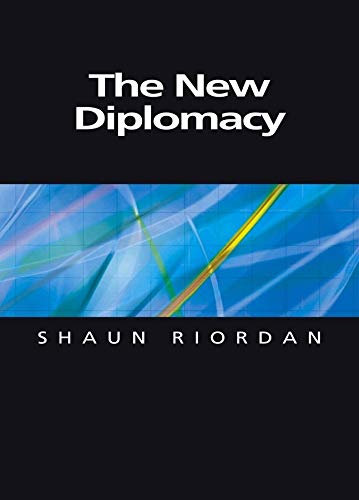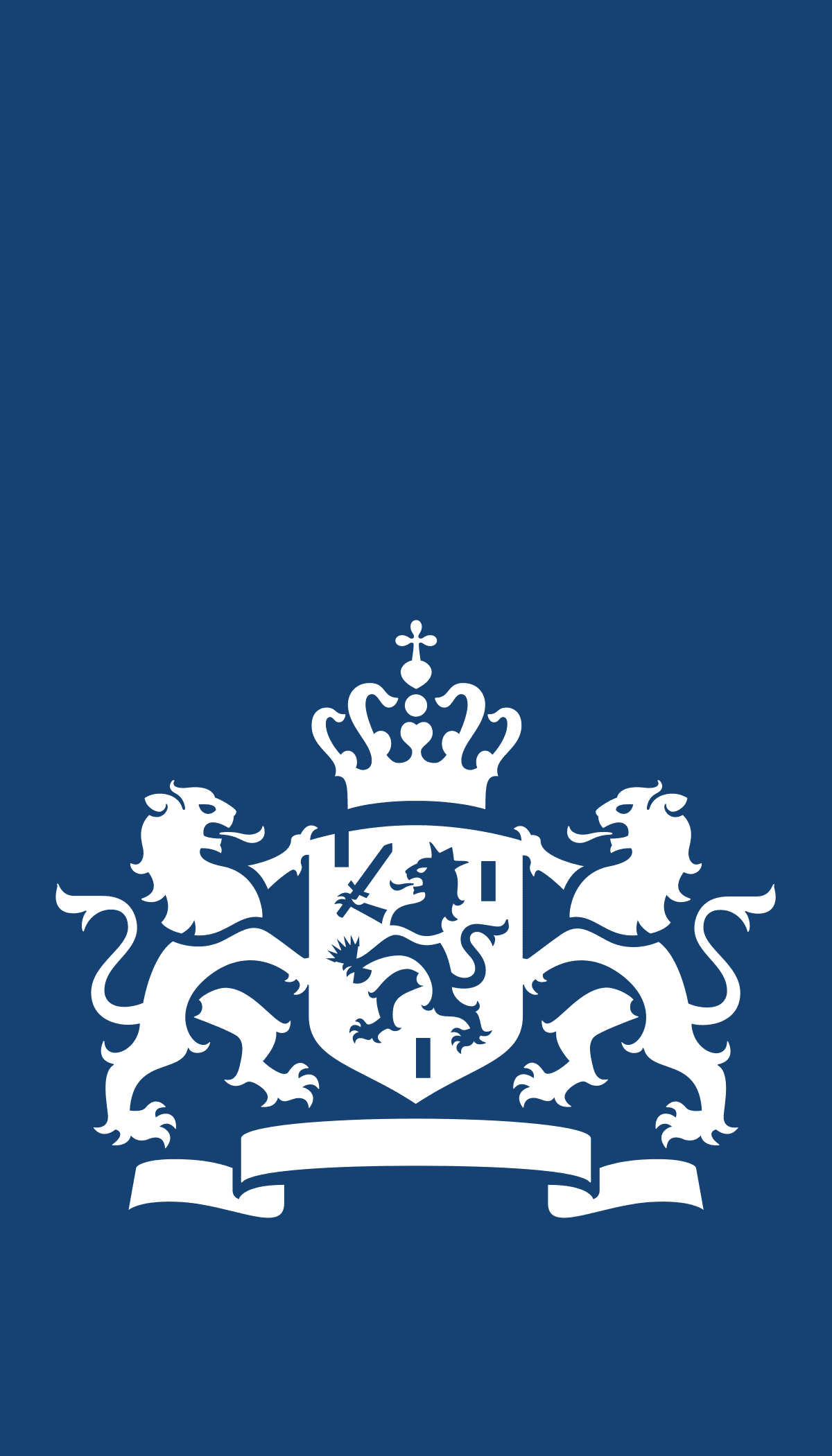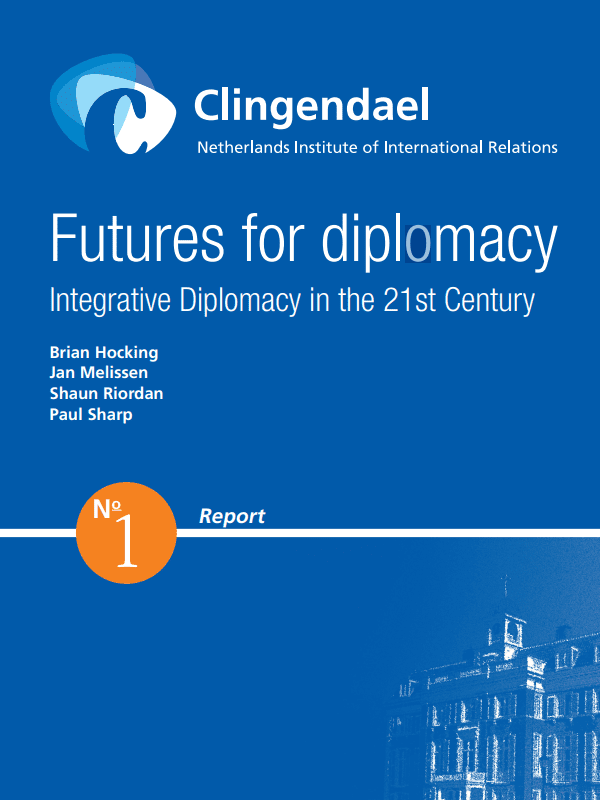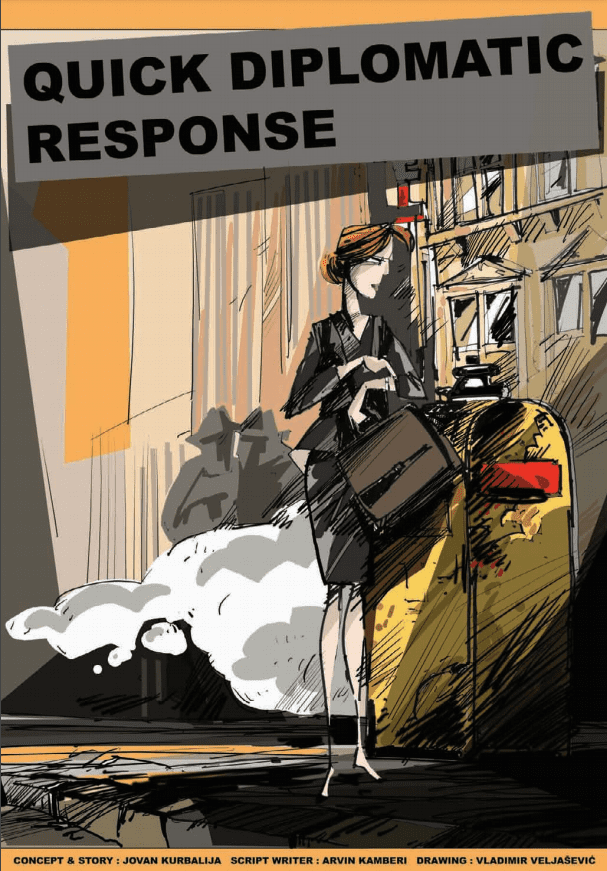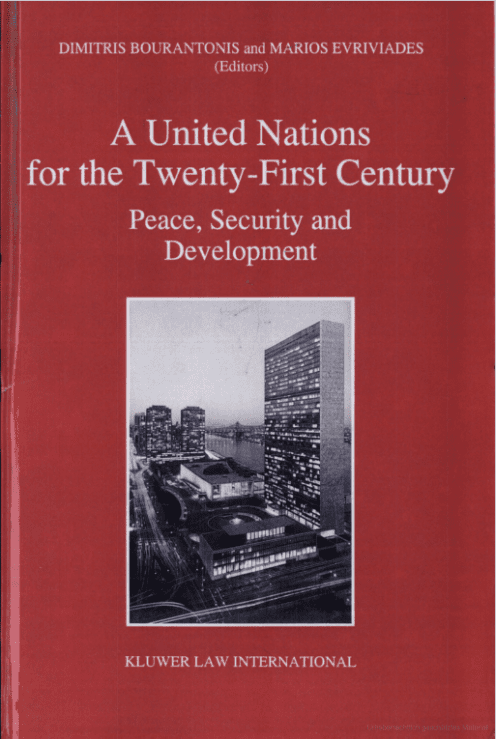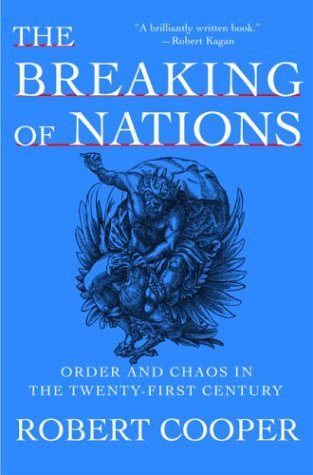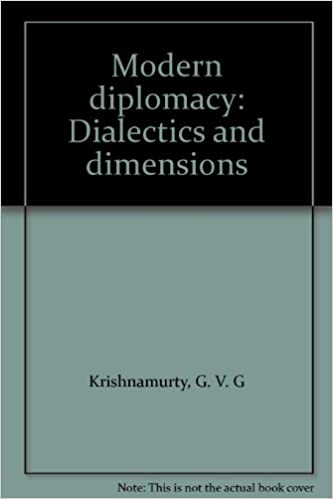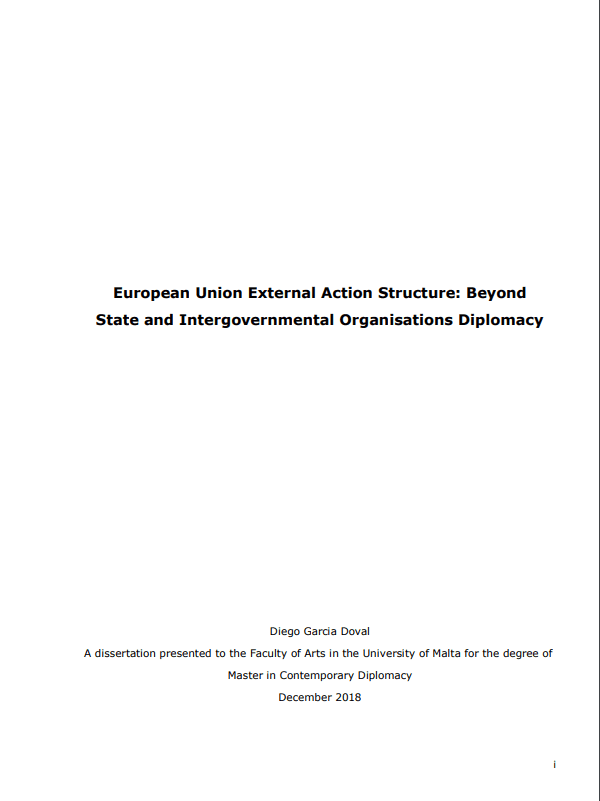The past 20 years in this area of functioning have been years of flux and evolution. The implements and requirements of diplomatic practice have been drastically changed in our globalising world. Many of its traditional rituals have been cast aside. Information technology has altered the speed of communications and maintenance of databases.
Diplomacy and politics have had to yield space to economic and commercial relations, both bilateral and multilateral. Environment, public health, education, human rights and corruption today are seen as much as international concerns, as any one nation’s problems. The growing deadliness of suicidal terrorism has acquired enormous potency and unpredictability through innovative use of certain cutting edge technologies.
The means and instruments available to governments are also available to the terrorists. The relevance of protocol, Geritol and alcohol for diplomatic networking remains valid today only in pulp fiction.
Globalisation, and the structuring of regional groupings as quasi or macro-states render irrelevant all the traditionally accepted theories of national sovereignty. The international systems and the concept of the nation-state devised and defined at Westphalia no longer obtains.
This is a well-researched monograph reflecting much original thought about changes that have overtaken international relations, practices and application of international law in our era. In this changing landscape of diplomacy what is required of an ambassador? Can an embassy be organised as a corporate institution? Has espionage become irrelevant as more and more data becomes available on the Internet and the imaging capacity of satellites makes clandestine photography of places and people unnecessary?
How do our ambassadors, embassies and foreign offices cope with the current process of flux? This change is taking place at a giddying pace.
What our scholar-diplomat-author Kishan Rana has attempted in this book is to provide answers to the issues just mentioned. Economics and commercial relations, both multilateral and bilateral, have acquired greater weight than mere political ones. The Cold War is over and disappeared in the mist of history. Today the internal as also international strength of a nation resides in the robustness of its economic functioning, and its ability to innovate in the area of technology.
Human rights, environmental security, global warming, sustainable development, movement of funds for bolstering narcotics and terrorism related activities of and in certain states, no longer lie exclusively in the space of a nation’s sovereign authority. The concepts accepted and defined by earlier Vienna and Geneva Conventions all need a second look.
Today’s ambassador and his embassy have been rendered, through this process of overall evolution, rather different from what embassies and ambassadors were like even 25 years ago.
The author does not foresee a day when the present system of resident ambassadors could fade away. No state until now has seriously considered replacing the institution of ambassador, who has, over the centuries, become a unique permanent channel of contact and intercourse with foreign countries and governments.
The continuing deepening of the unification of the European Union (EU) and the dramatic widening from 15 members to 25 this year is bound to change the diplomatic system and its methods, at least insofar as European countries are concerned. The implementation of common foreign and security policy and the appointment of a specific EU Foreign Policy Chief have so far been symptomatic of this process. Everyone agrees that these developments have changed the responsibilities of EU ambassadors abroad, and led to a much closer coordination amongst EU ambassadors represented in any major world capital.
However, until now ‘joint embassies’ – those in which one envoy could represent several states – have not emerged. Both in the case of multilateral envoys who represent their country at international organisations or a resident bilateral ambassador until now has remained his country’s single best resource for protecting his country’s interests.
Concepts are changing, technology is impinging more and more upon communication, interests of nation states, multilateral organisations, and multi-state unions like the EU, Saarc, Asean or OAU are all part of a general process of greater and more innovative flux.
This reviewer’s impression is that Rana is sensitive to these aspects and recognises that the world is changing, but as yet definitive change has not materialised. He is articulate, lucid and extremely perceptive in discussing the realities of today, while diplomats, diplomacy, foreign offices and the NGO groups all over the world are apparently busy either coping with change or adjusting to it.
He has woven all this into his narrative in this extremely readable, analytical book reflecting a lot of scholarship and in-depth thinking.
This review was first published in the Business Standard on 4 April 2004.
Review by S.K. Singh
